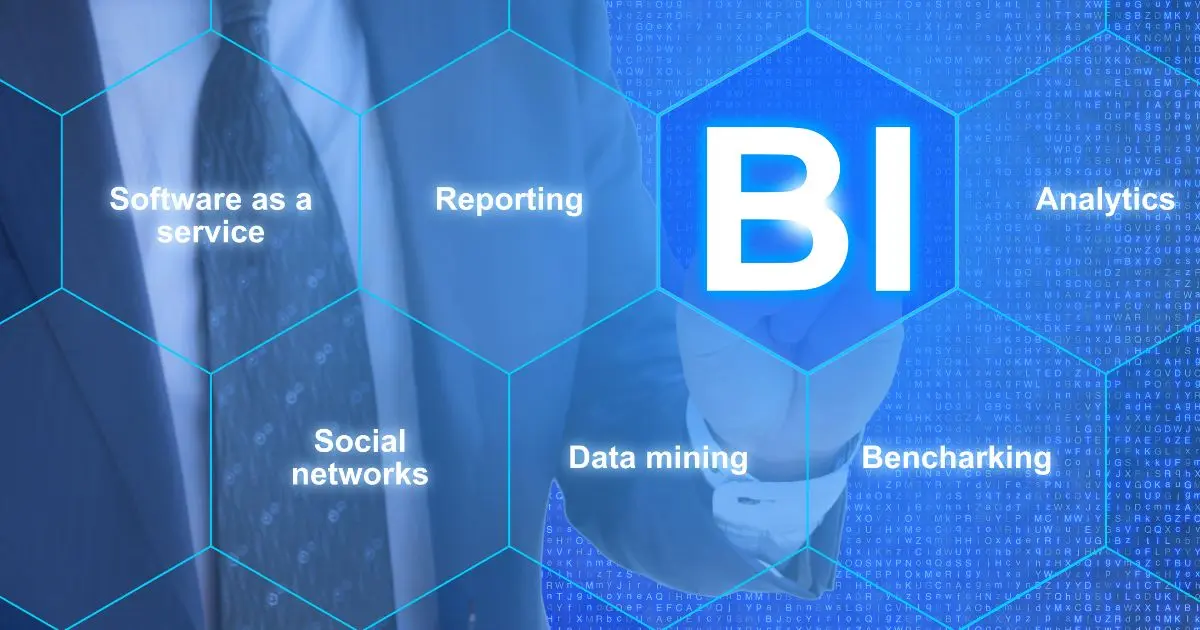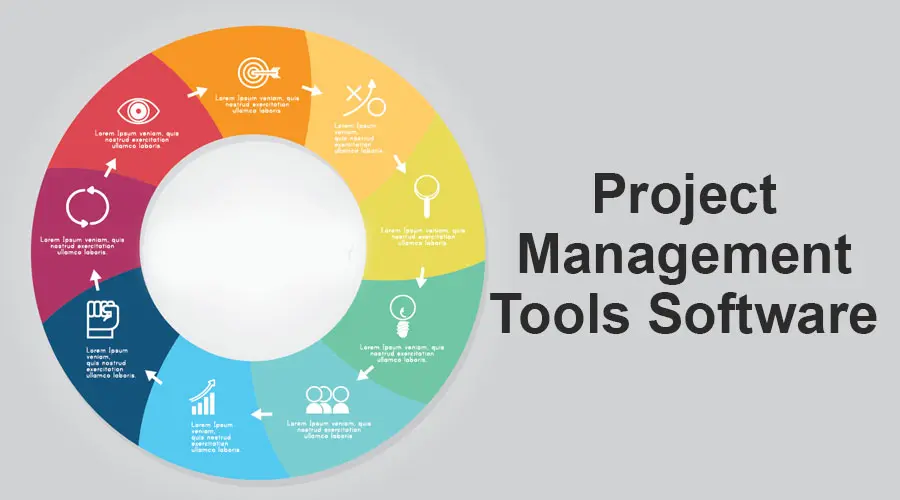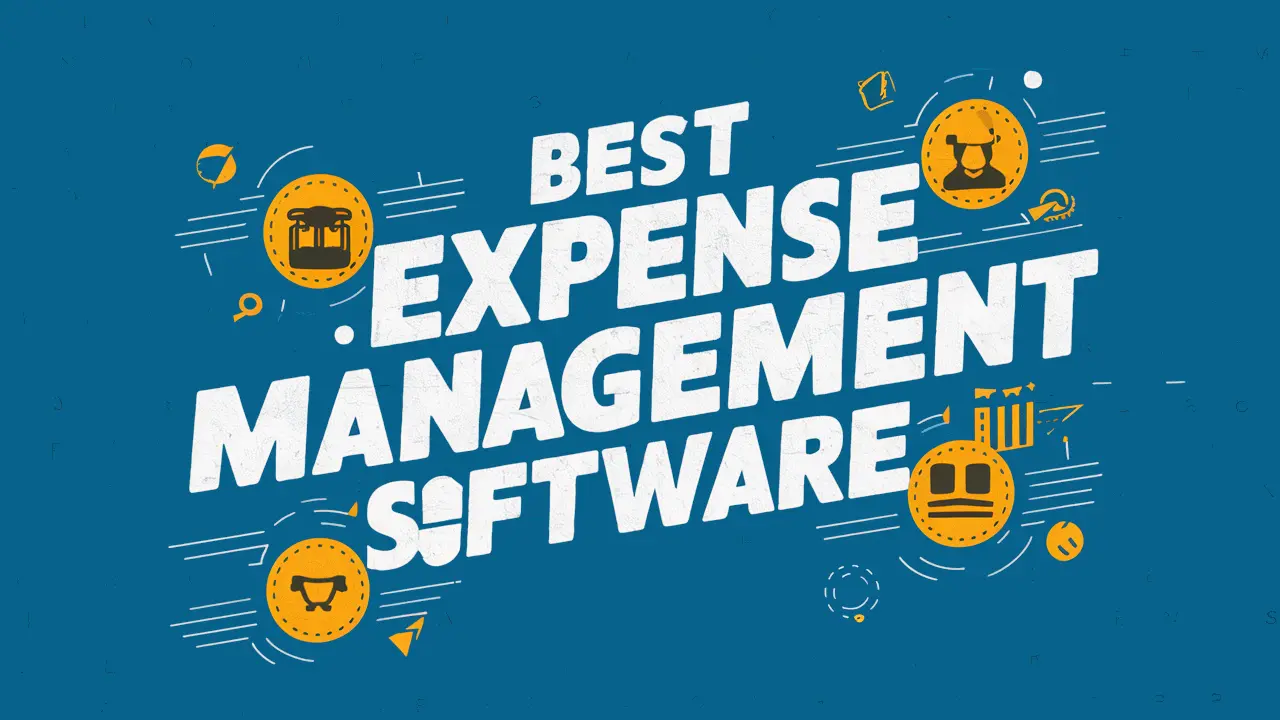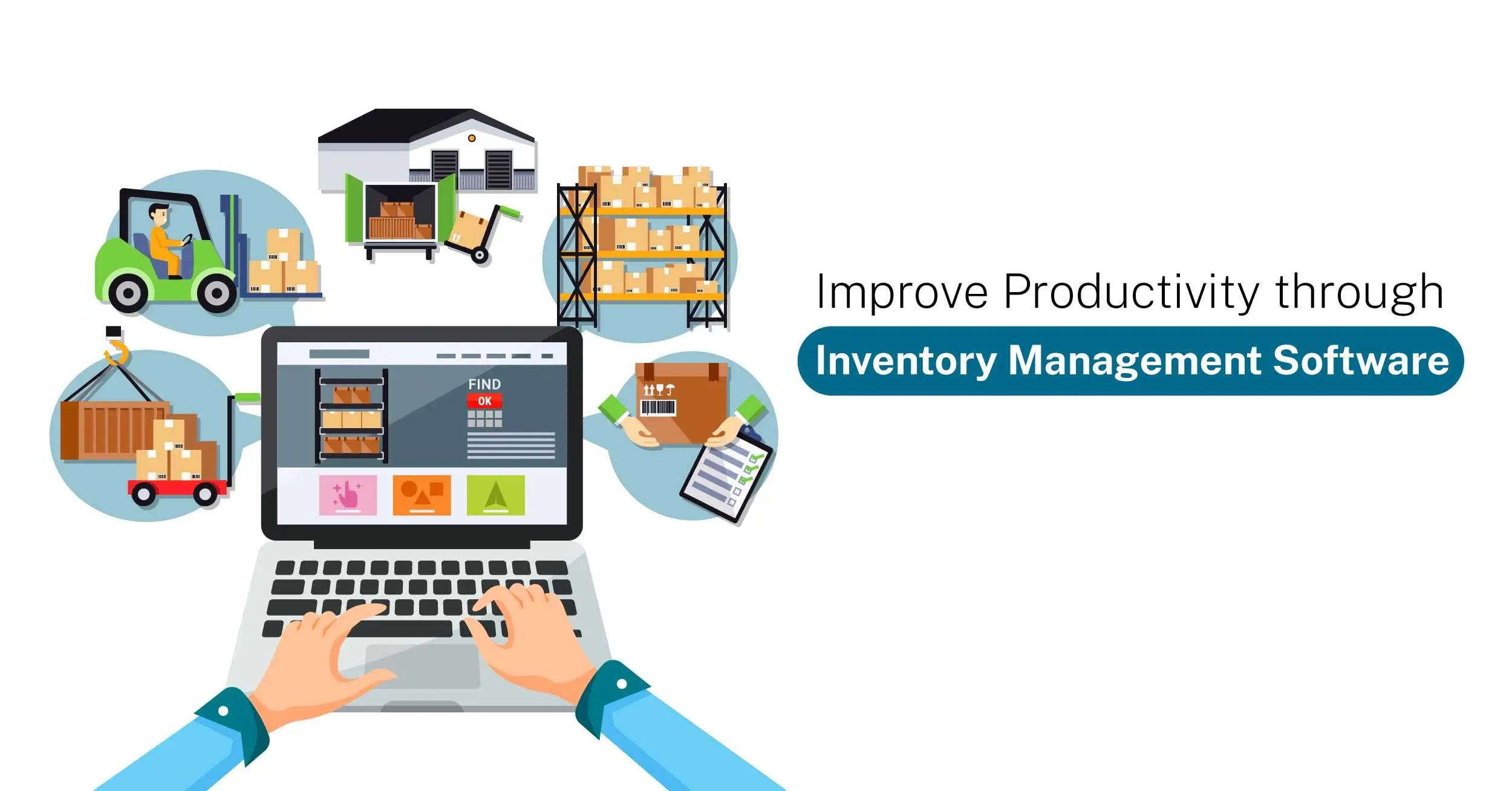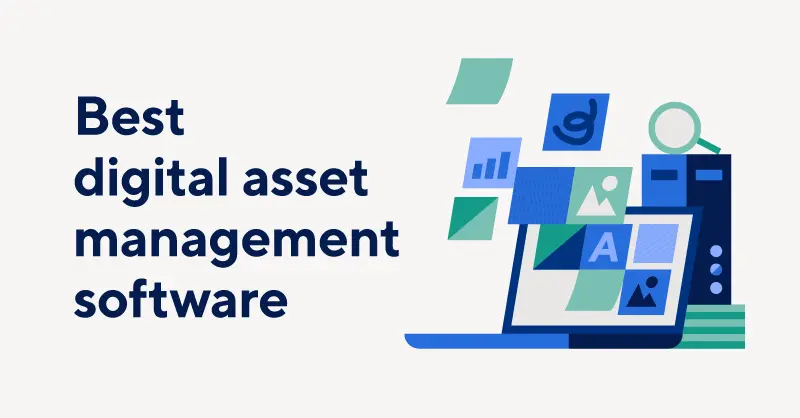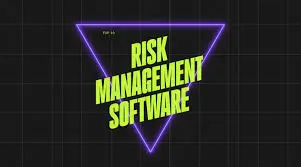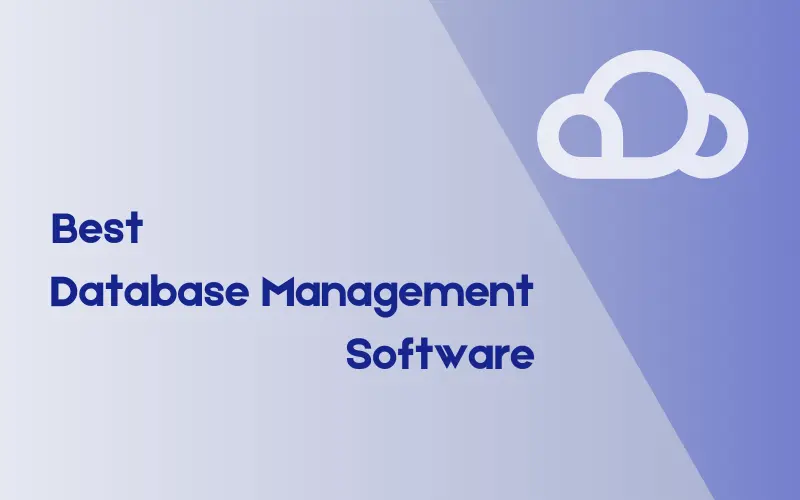
1. Oracle Data Management Platform
Overview: Oracle offers a comprehensive data management platform that includes databases, data integration, and analytics tools.
Key Features:
- Database Management: Manage structured and unstructured data with Oracle Database.
- Data Integration: Integrate data from multiple sources for unified insights.
- Analytics: Analyze data with Oracle Analytics Cloud for actionable business intelligence.
Why Choose Oracle?
Oracle Data Management Platform is ideal for enterprises needing scalable database solutions and advanced analytics capabilities. Its cloud-based platform supports real-time data processing and machine learning for predictive insights.
2. Microsoft Azure Data Services
Overview: Microsoft Azure provides a suite of data management services, including databases, data lakes, and analytics tools.
Key Features:
- Azure SQL Database: Manage relational databases with built-in AI capabilities.
- Azure Data Lake Storage: Store and analyze massive amounts of unstructured data.
- Azure Synapse Analytics: Integrate data and perform big data analytics.
Why Choose Microsoft Azure?
Microsoft Azure Data Services is perfect for businesses leveraging Microsoft technology and needing scalable cloud-based data management solutions. Its integration with Office 365 and Power BI enhances productivity and data visualization capabilities.
3. IBM InfoSphere Information Server
Overview: IBM InfoSphere Information Server offers data integration and governance solutions for enterprise data management.
Key Features:
- Data Integration: Integrate and transform data across heterogeneous systems.
- Data Quality: Ensure data accuracy and consistency with built-in data cleansing tools.
- Data Governance: Manage data policies, compliance, and access controls.
Why Choose IBM InfoSphere Information Server?
IBM InfoSphere Information Server is ideal for large organizations requiring robust data integration and governance capabilities. Its scalable architecture supports data lineage tracking and regulatory compliance.
4. SAP Data Services
Overview: SAP Data Services provides data integration and data quality management tools for enterprise data warehouses.
Key Features:
- ETL (Extract, Transform, Load): Extract data from various sources, transform it, and load it into target systems.
- Data Quality Management: Cleanse, enrich, and validate data for accurate analytics and reporting.
- Metadata Management: Document and track data lineage for transparency and compliance.
Why Choose SAP Data Services?
SAP Data Services is perfect for businesses using SAP solutions and needing comprehensive data integration and quality management capabilities. Its integration with SAP HANA and SAP Analytics Cloud enhances data processing speed and analytics performance.
5. Informatica Intelligent Data Management Cloud (IDMC)
Overview: Informatica IDMC offers a cloud-based platform for data integration, data quality, and master data management (MDM).
Key Features:
- Data Integration: Connect and integrate data from diverse sources, on-premises, and in the cloud.
- Data Quality: Cleanse and standardize data to ensure consistency and accuracy.
- Master Data Management: Manage and govern master data across the enterprise.
Why Choose Informatica IDMC?
Informatica IDMC is ideal for organizations needing a unified platform for data integration, quality management, and MDM. Its AI-driven capabilities enhance automation and scalability for large-scale data operations.
Conclusion
Choosing the best data management software for your organization is crucial for optimizing data operations, ensuring data quality, and driving informed decision-making. The top data management software solutions for 2024 offer a range of features, from data integration and quality management to analytics and governance. By selecting a platform that aligns with your business needs, scalability requirements, and IT infrastructure, you can effectively manage data assets and leverage data-driven insights to achieve business success.

